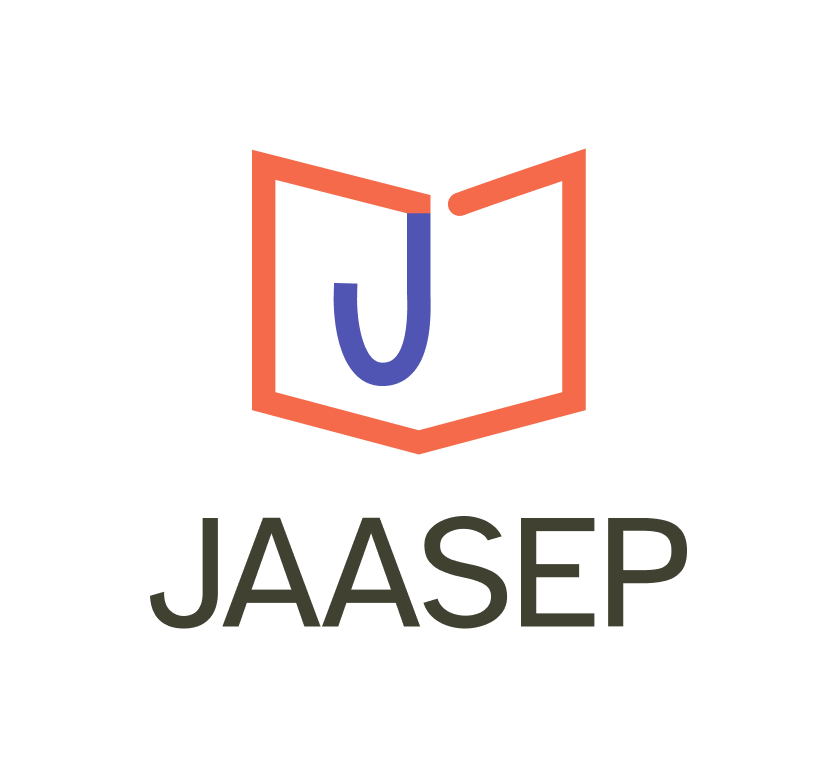$9.95
Evaluation-Gifted Program in Terms of Perception regarding Collaborative Problem-Solving Experiences
Abstract
This study aimed to examine the current perceptions of gifted students (n=178) on using collaborative problem solving during projects and to compare their experiences with those of experienced individuals (n=105) on projects. The research method of the study is the quantitative comparative method. Three data collection tools were used: the CPSS scale for gifted students and experienced individuals, Marlowe-Crowne Social Desirability Scale, and Collective Orientation Scale (COS). For analyzing the data, principal components analysis, calculating descriptive statistics, regression, and t-tests for independent groups were used. Regression analysis showed that there was a significant relationship between CPSS and COS scores of the students and the experienced individuals in collaborative problem-solving in a project. The findings indicated that gifted students do not have similar perceptions to experienced individuals. Experienced individuals have more positive perceptions regarding CPSS and COS. Findings showed the necessity of evaluating the project activities provided in a gifted education program in terms of CPSS in detail.
Keywords: collaborative problem solving, collective orientation, gifted students, quantitative comparison, experienced individual on project, BİLSEM, project work



